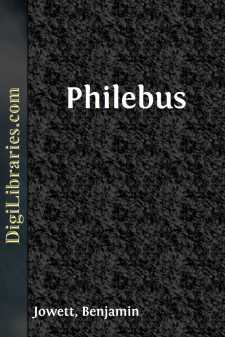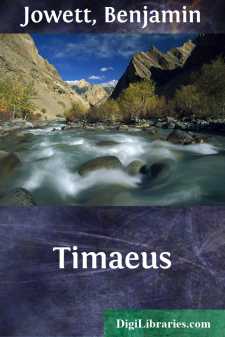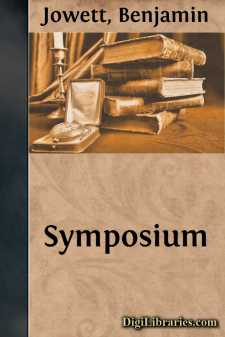Categories
- Antiques & Collectibles 13
- Architecture 36
- Art 48
- Bibles 22
- Biography & Autobiography 813
- Body, Mind & Spirit 142
- Business & Economics 28
- Children's Books 15
- Children's Fiction 12
- Computers 4
- Cooking 94
- Crafts & Hobbies 4
- Drama 346
- Education 46
- Family & Relationships 57
- Fiction 11829
- Games 19
- Gardening 17
- Health & Fitness 34
- History 1377
- House & Home 1
- Humor 147
- Juvenile Fiction 1873
- Juvenile Nonfiction 202
- Language Arts & Disciplines 88
- Law 16
- Literary Collections 686
- Literary Criticism 179
- Mathematics 13
- Medical 41
- Music 40
- Nature 179
- Non-Classifiable 1768
- Performing Arts 7
- Periodicals 1453
- Philosophy 64
- Photography 2
- Poetry 896
- Political Science 203
- Psychology 42
- Reference 154
- Religion 513
- Science 126
- Self-Help 84
- Social Science 81
- Sports & Recreation 34
- Study Aids 3
- Technology & Engineering 59
- Transportation 23
- Travel 463
- True Crime 29
Meno
by: Benjamin Jowett
Description:
Excerpt
INTRODUCTION.
This Dialogue begins abruptly with a question of Meno, who asks, 'whether virtue can be taught.' Socrates replies that he does not as yet know what virtue is, and has never known anyone who did. 'Then he cannot have met Gorgias when he was at Athens.' Yes, Socrates had met him, but he has a bad memory, and has forgotten what Gorgias said. Will Meno tell him his own notion, which is probably not very different from that of Gorgias? 'O yes—nothing easier: there is the virtue of a man, of a woman, of an old man, and of a child; there is a virtue of every age and state of life, all of which may be easily described.'
Socrates reminds Meno that this is only an enumeration of the virtues and not a definition of the notion which is common to them all. In a second attempt Meno defines virtue to be 'the power of command.' But to this, again, exceptions are taken. For there must be a virtue of those who obey, as well as of those who command; and the power of command must be justly or not unjustly exercised. Meno is very ready to admit that justice is virtue: 'Would you say virtue or a virtue, for there are other virtues, such as courage, temperance, and the like; just as round is a figure, and black and white are colours, and yet there are other figures and other colours. Let Meno take the examples of figure and colour, and try to define them.' Meno confesses his inability, and after a process of interrogation, in which Socrates explains to him the nature of a 'simile in multis,' Socrates himself defines figure as 'the accompaniment of colour.' But some one may object that he does not know the meaning of the word 'colour;' and if he is a candid friend, and not a mere disputant, Socrates is willing to furnish him with a simpler and more philosophical definition, into which no disputed word is allowed to intrude: 'Figure is the limit of form.' Meno imperiously insists that he must still have a definition of colour. Some raillery follows; and at length Socrates is induced to reply, 'that colour is the effluence of form, sensible, and in due proportion to the sight.' This definition is exactly suited to the taste of Meno, who welcomes the familiar language of Gorgias and Empedocles. Socrates is of opinion that the more abstract or dialectical definition of figure is far better.
Now that Meno has been made to understand the nature of a general definition, he answers in the spirit of a Greek gentleman, and in the words of a poet, 'that virtue is to delight in things honourable, and to have the power of getting them.' This is a nearer approximation than he has yet made to a complete definition, and, regarded as a piece of proverbial or popular morality, is not far from the truth. But the objection is urged, 'that the honourable is the good,' and as every one equally desires the good, the point of the definition is contained in the words, 'the power of getting them.' 'And they must be got justly or with justice.' The definition will then stand thus: 'Virtue is the power of getting good with justice.' But justice is a part of virtue, and therefore virtue is the getting of good with a part of virtue....












